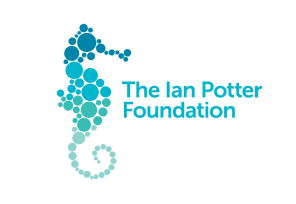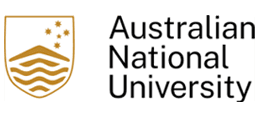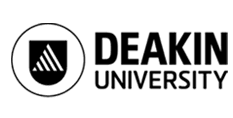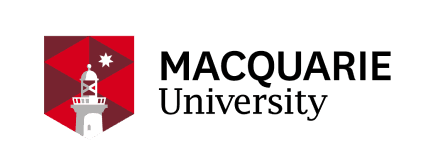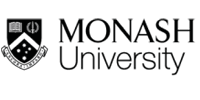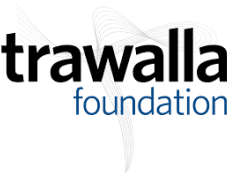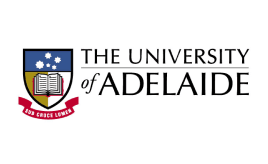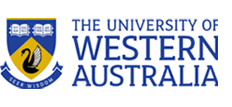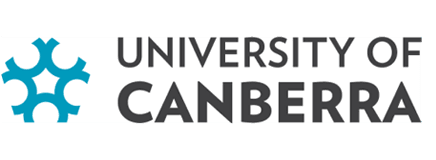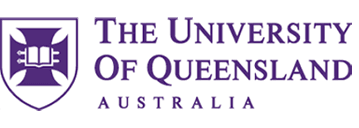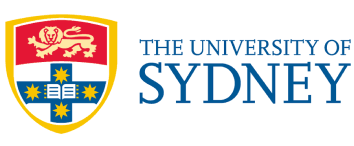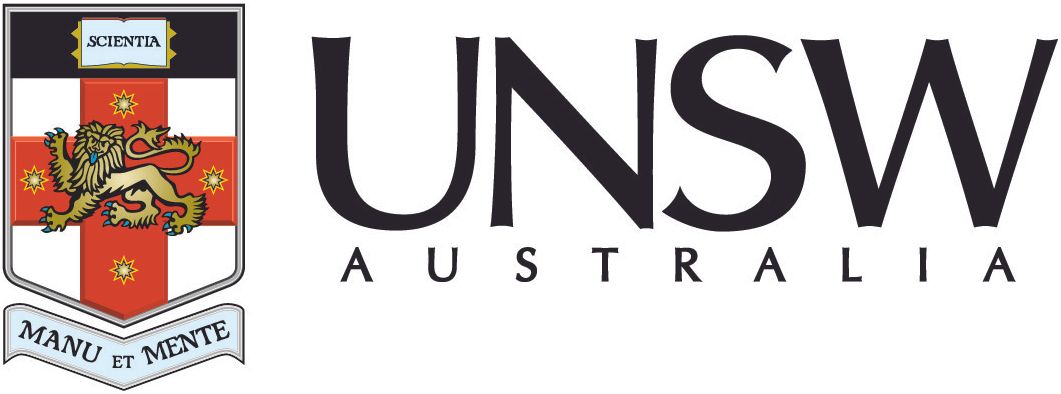
Image: reneweconomy
Submission to NSW Independent Planning Commission regarding the restart of Redbank Power Station
Submission
15 August 2025
The Biodiversity Council has examined the Redbank Power Station proposal that plans to burn up to 700,000 tonnes per year of dry biomass. The conclusion is that it will:
- Generate very large amounts of greenhouse gas emissions and have substantial negative impacts on climate, and
- Accelerate land clearing and environmental degradation with significant negative impacts on biodiversity, including some threatened species.
Large-scale biomass burning, including that proposed for the Redbank Power Station, is not climate positive nor environment positive, including for biodiversity conservation.
A recent major study of large-scale biomass burning, like that proposed for the Redbank Power Station concluded that the large-scale use of bioenergy from native vegetation generally results in major negative cascading impacts for forest ecosystem integrity and consequently a reduction in the resilience and natural adaptive capacity of species in the face of climate change impacts.
The NSW Independent Planning Commission should not approve this project.
Download the full submission for more details.



